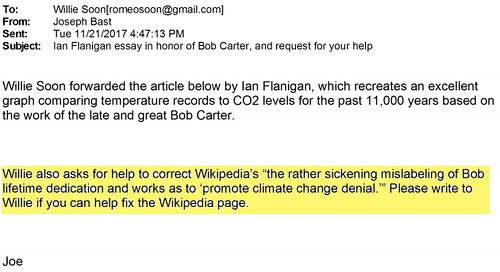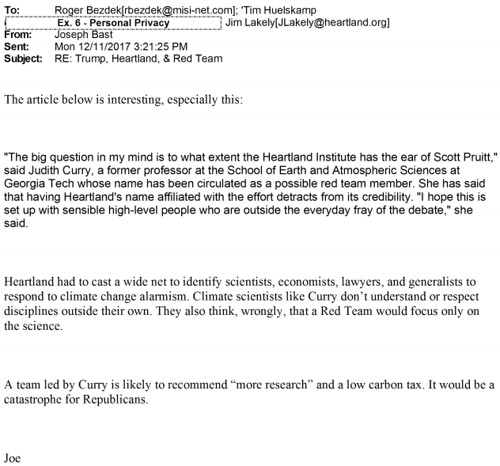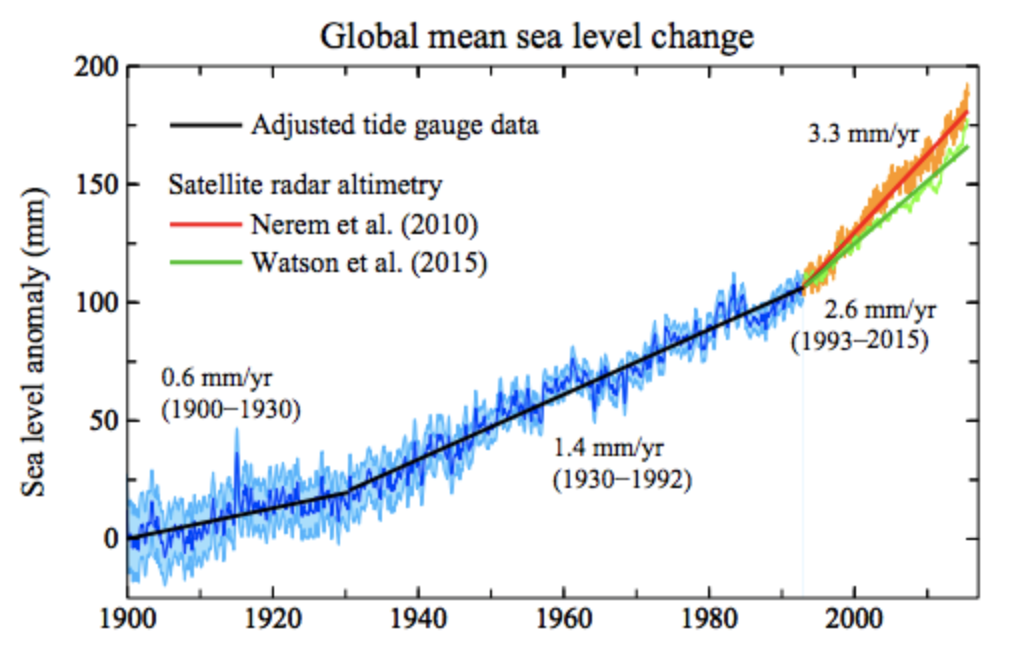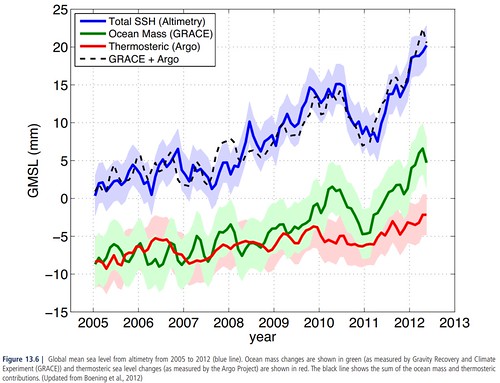
(emphasis mine). I know, it isn't very interesting. But sometimes people get the impression that Heartland is powerful. It isn't. They couldn't even shift one teensy wiki page2: the Robert Carter page still says "...was prominent in promoting climate change denial". People barely even bother edit war over it; just one IP, 58.162.232.200, which geolocates to Mackay in Queensland, had a not-very-convincing go.
The first thing of interest wasn't terribly exciting either; it was the Heartland's list of people they keep as pets, which Carter was on despite being dead.
Leo Hickman is more excited. But I haven't got to Curry yet, that pleasure is still to come.
A little later: I found the Curry one:

I was almost ready - from just this one - to give Bast some credit for thinking that "red teaming" might not focus on the science. But elsewhere - no, I can't be bothered to go back and find it - he does make that mistake. So I think it's just random. Quite why Bast might object to "more research" I don't know, it would be the perfect outcome for him. I don't suppose he'd like a carbon tax in any form, that smacks of the thin end of the wedge, so it is natural to present same as a "catastrophe" for Repubs; of course it wouldn't be, but it would be a disaster for Bast. Curry seems to be a bit sad about Bast's words.
3/4 of the way through now. Do I get a medal? This one is vaguely amusing, it's the second time he's done this:

Sadly the EPA are good and blank out the entirety of the next page, which presumably contained the CC list.
There's some stuff about the Alsup case. Comically, Heartland really seem to believe that Chevron might rely on the NIPCC report.
Bast is pretty unhappy that https://climate.nasa.gov/scientific-consensus/ still exists, and says so several times. But everyone just ignores him. Also, Pruitt won't go to the Heartland party, but that was earlier.
Whew. And I'm done.
Notes
1. I know, you're wondering, isn't it impolite to reveal his email address, much less snigger at it? But no: the EPA have redacted things for personal privacy reasons that they consider private, and this wasn't one of them; and anyway, his secret is long out.
2. Or, more depressingly, no-one gives a toss what's on wiki anyway :-)
Refs
* Tobis's Rule at Eli's.
* Judge Orders EPA to Produce Science behind Pruitt’s Warming Claims.


 Hot on the heels of
Hot on the heels of  The recent
The recent 





 This would naturally be a comment over at CIP's blog, but
This would naturally be a comment over at CIP's blog, but 




